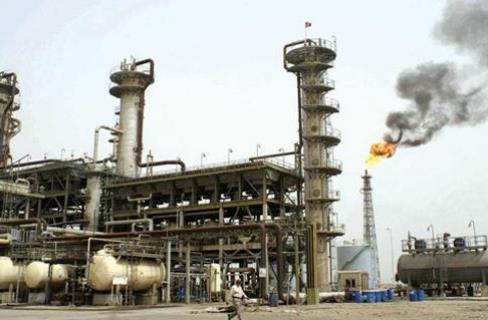PARIS: Europe and the United States said Monday that Israeli Prime Minister Benjamin Netanyahu had taken a step forward to ending the Middle East conflict by giving conditional backing to a Palestinian state.
But while the key powers gave cautious approval, Palestinians reacted with fury. The Hamas movement which has controlled the Gaza Strip for two years said Netanyahu’s address on Sunday reflected a “racist and extremist ideology.
Under pressure from the United States, Netanyahu endorsed for the first time the creation of a Palestinian state, provided it was demilitarized and that Palestinians recognize the Jewish character of Israel. He ruled out a halt to all Jewish settlement activity as demanded by the United States.
“In my view it is a step in the right direction, said Czech Foreign Minister Jan Kohout, speaking on behalf of the European Union presidency as he arrived at a meeting of EU ministers in Luxembourg which discussed the speech.
“Of course, there are a number of other elements which need to be analyzed, but the acceptance of the Palestinian state is there, he added.
Swedish Foreign Minister Carl Bildt echoed Kohout’s caution. “The fact that he uttered the word state is a small step forward, Bildt, whose country takes over the EU presidency on July 1, told reporters.
“Whether what he mentioned can be defined as a state is a subject of some debate.
The White House meanwhile issued an upbeat initial assessment.
President Barack Obama “welcomes the important step forward in Netanyahu’s speech, his spokesman Robert Gibbs said in a statement.
Obama “believes this solution can and must ensure both Israel’s security and the fulfillment of the Palestinians’ legitimate aspirations for a viable state, and he welcomes Prime Minister Netanyahu’s endorsement of that goal, it said.
Obama has called for a freeze on all settlement building in Palestinian territories and Netanyahu’s rejection is likely to arouse international criticism.
While also acknowledging the “step forward , French Foreign Minister Bernard Kouchner said that Europe and the United States wanted “an immediate freeze to settlement activity and a reopening of the Gaza Strip.
During a visit to the Middle East, former US president Jimmy Carter warned that the US and Israeli governments would be on a “collision course if Israeli settlement activity continues in the Palestinian West Bank.
Analysts agreed such a confrontation is still possible.
For Aaron David Miller, a former adviser in both past Democratic and Republican US administrations, Netanyahu tried to “strike a balance between responding to political pressures in Israel and in Washington.
He said he succeeded, at least in part, by calling for a Palestinian state.
Palestinians reacted with undisguised anger to Netanyahu’s conditions for peace.
“This speech torpedoes all peace initiatives in the region, Nabil Abu Rudeina, spokesman for Palestinian president Mahmud Abbas, told AFP.
“It hobbles all efforts to save the peace process, in a clear defiance of the US administration, he said.
“This speech reflects the racist and extremist ideology of Netanyahu and denies all the rights of the Palestinian people, Hamas spokesman Fawzi Barhum told AFP.
“This speech is the reiteration of the policy of his government, which aims at transforming the Palestinian people into a tool to protect the occupation.
Russia, which along with the United States, European Union and United Nations makes up the international diplomatic Quartet on the Middle East conflict, made no immediate public comment on the speech.
Australia called for new Middle East peace talks after Netanyahu endorsed the creation of a Palestinian state.
“I think what Prime Minister Netanyahu’s speech reflects today is there is now a basis for a peace process for negotiations to commence and start, Foreign Minister Stephen Smith told Australian television. – AFP

